Can you be addicted to love? The idea might sound silly at first glance – “addicted to love” is a phrase that might work in a song or a story, but it’s not as if love is something that you can ingest and physically react to, like alcohol or cocaine, right? Even if being addicted to love sounds possible to you, you may have trouble understanding why it might be a bad thing. What could be wrong with love? Everyone wants love, everyone feels love at one time or another, and it is an emotion generally associated with warm, fuzzy, happy feelings, not the ravages that addiction can cause.
On the other hand, everyone has seen examples of how love can go wrong, from fictional tragedies like Romeo and Juliet to high-profile and messy celebrity break-ups to your next-door neighbor’s acrimonious divorce and drawn-out custody battle. Maybe love does have a dark side after all. But can it really be an addiction? What does that mean? And if you do have a love addiction, what can you do about it? Is there a treatment? How serious does the addiction need to be to be treated?
What Is Love Addiction?
Mental health professionals also refer to love addiction as pathological love. When they speak about love addiction or pathological love, they are talking about behavior patterns as much as they are referring to the feeling of love itself. People suffering from love addiction:
-
- Behave in ways that are excessive and maladaptive.
- They lose or lack control.
- Their romantic interests pervade all parts of their lives and can cause them difficulties in areas of life that should have little or nothing to do with their romantic interests, like work or school.
- They may ignore other important areas of their lives, or they may turn a blind eye to negative consequences that occur as a result of their behaviors in relation to their romantic interests.
In short, love addiction is disruptive to the life of the addicted person and the lives of those around them in ways that more typical love interests and expressions are not. Is love addiction genuine? Yes – you can be “addicted to love.” It is not an “ingested” addiction in the same way that alcoholism or opiate dependence is, but research shows that love addiction activates regions in the brain associated with control of emotions, feelings of attachment and physical pain and distress – the same areas affected in cocaine addiction.
Love addiction has symptoms that are both biological and psychological. There is biology involved when people fall in love – happy, euphoric feelings, almost like a “high” or a “fix.” Falling in love can be a good thing until and unless it becomes an addiction. There are hormones and other neurochemicals released into the brain and body when love addicts receive their “high” and get their love addiction needs met. Just like drug addicts, they crave more…and more…and more.
When they are unable to get this “fix,” they experience severe withdrawal symptoms that interfere with their ability to live a normal life. They engage in “drug seeking” behaviors, chasing after their fix regardless of the consequences. They will destroy their entire lives and other important relationships, just like other addicts do. If you find that your love life is disruptive to others and intrudes on other areas of your life in an unhealthy or negative way, then love addiction, or pathological love, might be what you are experiencing.
How Is Love Addiction Treated?
It may be a comfort to know that there are several methods of treatment for love addicts. Additionally, more research studies on the subject is currently being done to provide further illumination. The most common form of intervention for people who experience love addiction are support groups. Some of these are 12 Steps programs, like Alcoholics Anonymous, but geared toward the experiences and challenges of the love addict instead.
However, there are other support-group formats available as well – not everyone likes or benefits from the 12 Steps format, so it is important to be aware of alternatives. Generally speaking, love addiction support groups focus on helping members form healthier relationships and avoid negative behaviors. Another treatment option that may be helpful in treating pathological love is cognitive-behavioral therapy. This type of therapy can help the love-addicted person to challenge their distorted thoughts about love and form new and healthier behaviors.
Psychodynamic therapy could also be useful in helping the love addicted person address underlying attachment issues. A supportive environment is crucial for a love addict struggling to learn new behaviors. Just as a detox facility is appropriate for substance abusers (followed by residential treatment), a person who needs treatment for love addiction can benefit from a treatment facility that specializes in that disorder – inpatient or outpatient, based on their level of need.
When to Seek Treatment for Love Addiction
When is it appropriate to seek out treatment for love addiction? There are some signs that you can look for that suggest that you need help managing your love addiction. For example, you may be:
-
- Unable to see your relationships as they really are; instead, you are invested in a fantasy version of your relationships.
- Often hunting for new relationships to ease the pain of the current bad romance.
- Frequently entering relationships with toxic partners or finding yourself in dangerous or unhealthy romances.
- So afraid of being alone that you would rather be in a dangerous or toxic relationship than by yourself.
- Being overly clingy.
- Using sex as a bargaining chip to keep a relationship going.
- Reenacting trauma from past relationships in your current relationships.
- Self-medicating with drugs or alcohol because the relationship is causing an overwhelming amount of pain and discomfort in your life.
If your romantic life is so all-consuming or disruptive that it’s affecting other areas of your life, if people you trust express concern about unhealthy behavior patterns in your love life, or if you feel out of control of your actions or feelings as it relates to your love life and you are self-medicating your pain in detrimental ways, those are also signs that you may benefit from therapy or treatment for your mental health.
There is nothing wrong with being a person who wants love in your life, but there is also no shame in seeking help to break unhealthy behavior patterns and learn how to build healthier and happier relationships.

